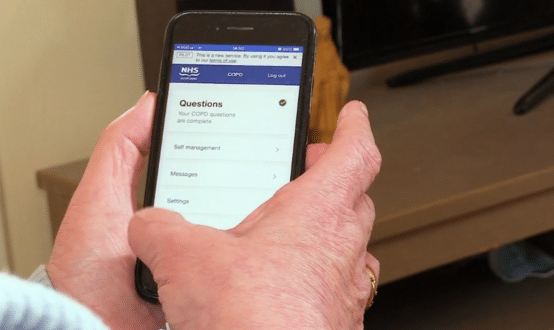Doubt cast on value of computerised CBT

Computer courses to treat depression are likely to be ineffective, according to research by the University of York.
A study published in the British Medical Journal says that participants offered computerised cognitive behaviour therapy experienced “no additional improvement in depression” when compared with patients who received their usual care from a GP after four months of treatment.
The two-year REEACT trial included 691 patients with depression selected from 83 general practices across England.
Patients were randomised to receive 'usual GP care for depression' or 'usual GP care plus' one of two computerised CBT programme recommended by the National Institute for Health and Care Excellence.
These were the commercially produced Beating the Blues or the free to use MoodGYM developed at the Australian National University Centre for Mental Health Research.
Previous, developer-led trials for both systems have demonstrated the products have been able to reduce symptoms of depression. However, the York research suggests their impact is less clear in a real world setting.
The study’s authors noted: “Patients generally did not engage with computer programmes on a sustained basis, and they highlighted the difficulties of repeatedly logging on to computer systems when clinically depressed.”
The researchers’ main conclusion was based on patient responses to the nine item patient health questionnaire, PHQ-9; a self-administered test used to assess mood.
After four months of treatment, 83 out of 165 (50%) participants in the Beating the Blues group, 89 out of 182 (49%) participants in the MoodGYM group, and 78 out of 179 (44%) participants in the usual GP care group remained depressed, according to the PHQ-9 responses.
As the trial continued, there was some statistical evidence of a difference in favour of MoodGYM versus usual GP care at 12 months, but this was no longer the case at 24 months.
Dr Elizabeth Littlewood, a researcher in the Department of Health Sciences, University of York. managed the REEACT trial, said: “Despite the high level of technical support and weekly encouragement to use the computer packages, there was general low adherence and engagement with this form of treatment.
“It seems that participants often want more clinical support in addition to therapy.”
The study comes at a crucial time for mental health in the UK, with a report by the King’s Fund suggesting that changes that move care away from an acute setting to reduce costs is a “leap in the dark” in an area in which evidence is “often limited”.
Although the ‘Mental health under pressure’ report doesn’t specify the use of technology, apps and other online tools have been championed by NHS England and other healthcare stakeholders as a more efficient and versatile way to support people with mental health conditions.
The efficacy of MoodGym came into question three years ago when a study by the British Occupational Health Research Foundation found there was no evidence that it was better than informational websites at reducing depression or anxiety.
However, there have been recent studies suggesting that electronic CBT tools can have some benefit, at least when combined with other services.
This month, the Canadian Medical Association Journal published an evidence review that shows internet-delivered CBT combined with clinical care can support people with depression, anxiety and emotional distress from illness.




